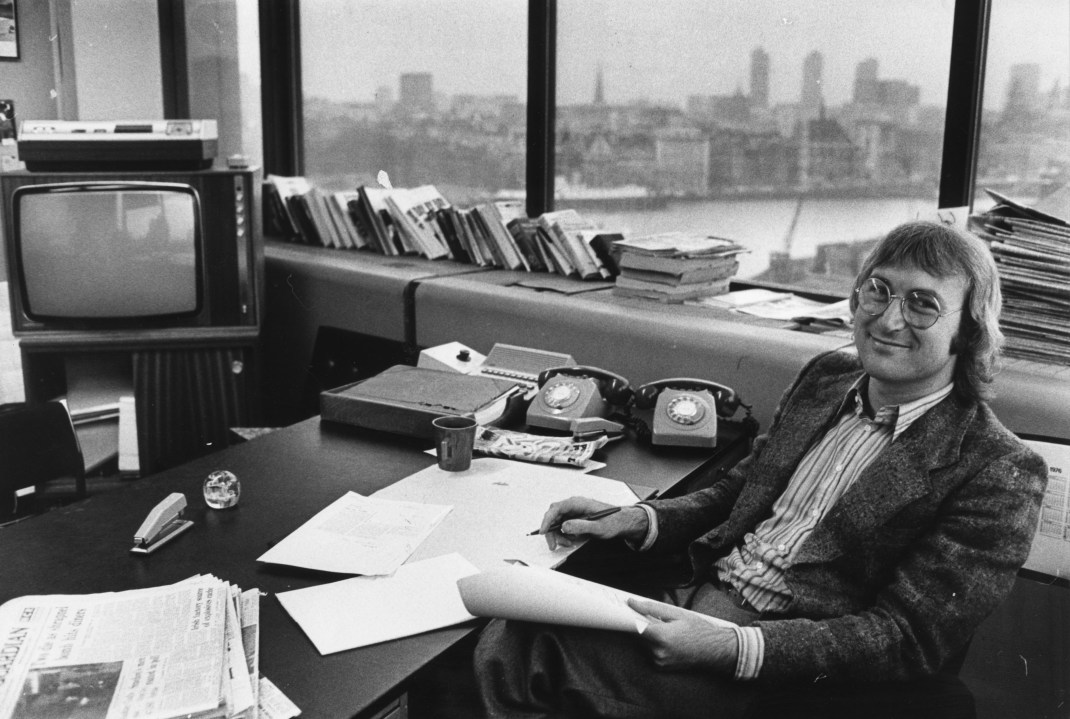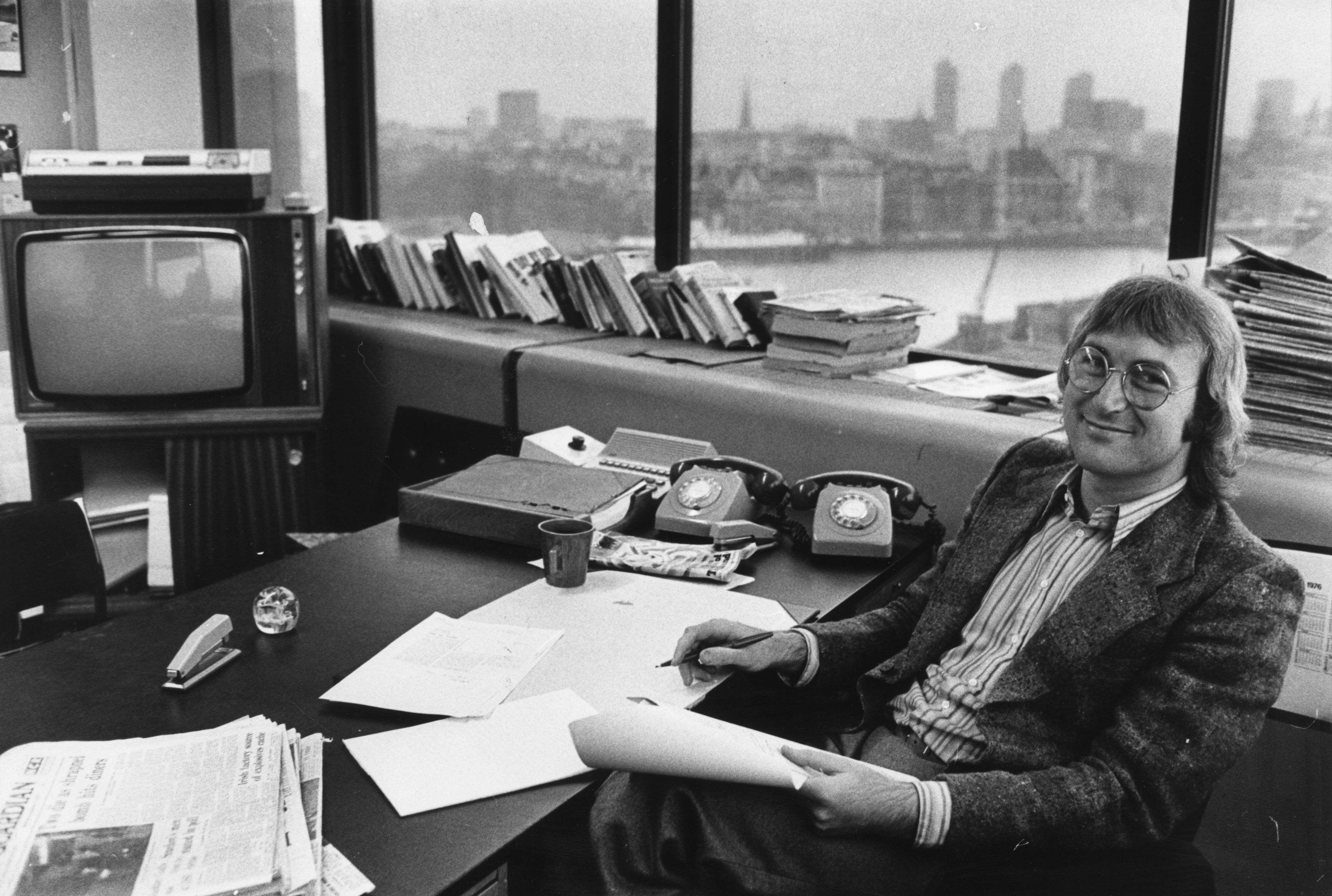All those esteemed generals of hindsight screeching ‘more governance’ as the cure to BBC’s cover-up of the Martin Bashir’s dishonesty 25 years ago share with Lord Dyson a misunderstanding about the essential cause of the Panorama catastrophe and all the ensuing BBC scandals including those involving Jimmy Savile, Cliff Richard and Alistair McAlpine. Namely, ‘Birtism’.
Under John Birt, the BBC’s director general from 1992 to 1999, an ever-increasing number of new structures, controls and governance were imposed upon the BBC’s creative talents to suppress and remove risk. In the wake of Panorama’s humiliating defeat in a libel action by Neil Hamilton, a Tory MP, about a programme in 1984 called ‘Maggie’s Militant Tendency’, Panorama producers were put under the cosh to prevent further embarrassments. Those new, top heavy controls were in place in 1996 when the cover-up of Bashir’s deceit was executed.
Birt’s system was described by his critics as Stalinism. Experienced gumshoe journalists were controlled by ambitious bureaucratic desk-journalists like Tony Hall and Anne Sloman, united in their contempt for ‘troublemakers’. Safety first supremos like Hall distrusted maverick journalists who were galvanised by anti-Establishment scepticism and risk-taking. In parallel, Hall and his ilk failed to understand their own weaknesses. Namely, they lacked journalistic scepticism to wilfully overturn their own pre-conceptions to discover the truth.
Across all the departments of the Corporation, creative risk-taking producers have been replaced by layers of safe, box-ticking, diversity-conscious placemen and women who have rarely produced an outstanding programme
In the Birtist world, journalists could only leave the BBC’s premises after their controllers had commandeered the facts and dictated the story to be broadcast. According to Birt’s ‘Mission to Explain’, the facts were fashioned to suit the narrative approved by in-house editors. The new chiefs had no experience of searching through humanity’s gutters for original stories and the truth.
Surprisingly, Dyson accepted without scepticism Lord Birt’s assertion that he had unquestioningly accepted the inaccuracies which Hall peddled about Bashir and the forgeries. Unconvincingly, Birt told Dyson that he could remember nothing about important meetings with Hall. Accordingly, Dyson’s devastating judgments on Hall and Bashir omitted a key issue.
In dealing with Martin Bashir and Steve Hewlett, Panorama’s editor, Hall faced two dishonest operators. (Hewlett became a co-conspirator around the time the programme was broadcast.) Famous in Private Eye as ‘The Prefect’, Hall lacked both experience and self-awareness to challenge their deceit. As an in-house programme editor, Hall had never confronted a liar while filming a story. He had never experienced the delight of seeing a guilty man squirm on celluloid. And he disliked those who did it for BBC TV. Bashir and Hewlett escaped damnation in 1996 because the Panorama ‘trouble-makers’ who blew the whistle on their dishonesty were distrusted by Hall. Hall’s predecessors would have been more likely to have understood Bashir’s deceit. Hall’s successors need to be professional sceptics.
Those weaknesses and decisions illustrate three fundamental consequences causing the BBC’s plight today. First, why was Hall outwitted by Bashir and Hewlett? One reason was that his Oxbridge education had not endowed him with a forensic gift to understand the nature of Bashir’s lies. Hall had spent little time in the grubby business of travelling to secure and check a story. Without that experience, he lacked mature judgment. Consequently, like Dyson, Hall failed to persistently demand a proper answer to a damning question, ‘Why?’ He refused to grasp why Bashir was dishonest.
The second consequence was that as a Birtist, Hall replaced the brilliant mavericks fronting BBC TV news with dullards who can now only manage repetitious theatrical pieces to camera. Instead of featuring as successors the likes of Keith Graves and Martin Bell – outstanding risk-takers famous for excellent journalism and amazing pictures – today’s BBC news reporters are rarely deliver an original story because their editors resemble Hall who appointed them. Untalented and unimaginative, those senior executives cannot now change or improve the BBC. The spiral of decline could be irreversible.
That leads to the third most profound damage caused by Birtism. Across all the departments of the Corporation, creative risk-taking producers have been replaced by layers of safe, box-ticking, diversity-conscious placemen and women who have rarely produced an outstanding programme. And the BBC’s new director general resembles that stock.
Imagine appointing as a surgeon a man who has never studied medicine and the appalling nature of last year’s appointment of Tim Davie as director general is obvious. Davie, a marketing man who has never produced a single programme, is meant to repair the flawed inheritance from Hall. While Davie can undoubtedly sell Pepsi Cola and BBC programmes, he has little idea how to rebuild the BBC’s former creative genius. He not only lacks the cutting-room experience to analyse why a programme has failed, but so far has not shown that he can identify the talent to restore what used to be the world’s finest broadcaster. The BBC’s tragedy is that Davie was the best internal candidate.
The first solution to Davie’s problem is obvious. He should recognise his deficiencies and quickly appoint as deputy an outstanding broadcast journalist. That deputy should replace the newsroom dross with hungry, imaginative journalists and sharp supervisors who have taken risk themselves and in their maturity can decide whether a story is water-tight and true. Next, he should remove all those commissioning editors who stifle originality by their inherent caution because they have never made a good programme themselves. Finally, he should resist all the demands for another layer of governance. The BBC is suffocated by bureaucrats. Programme-makers, not in-house politicians, should rule to save the BBC.







Comments